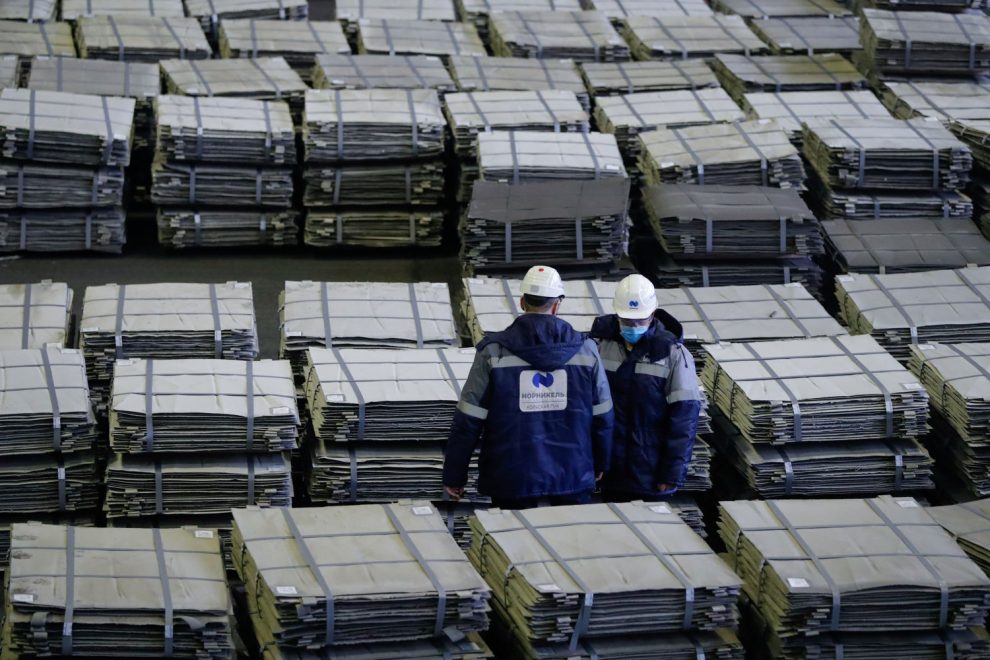(ATF) The price of nickel, a key ingredient in electric vehicle (EV) batteries, has plunged in recent days on news of a breakthrough in production by a Chinese company.
Tsingshan announced this week that it had developed technology to convert nickel laterite ores to nickel matte, a processed nickel-iron sulphide, that would be more easily refined to make the nickel sulphate needed for EV batteries.
Over the past few days, nickel on the London Metal Exchange has fallen by about 16% to $16,393 per tonne, largely because the Chinese steelmaker’s plans seemed destined to boost the supply of battery-grade nickel.
“This could be a game-changer,” said Yao Wenyu, senior commodities strategist at ING. “The risks of battery-grade nickel supply are much reduced.”
However, other industry players are sceptical, suggesting the process announced by the Lishui, Zhejiang province-based Tsingshan is neither new nor cost-efficient.
“Although reported as novel, the production of nickel matte from laterites has been around for decades,” said Martin Vydra, executive vice-president of strategy at Conic Metals, a Canadian nickel and cobalt investment company. “It’s likely more energy intensive and it adds cost.”
LOOMING SHORTAGE
Vydra, in a statement, said Tsingshan’s announcement indicated that a shortage of nickel for EV batteries “is looming closer than the industry anticipates”.
Last year, global resources consultancy Wood Mackenzie forecast that the supply of the nickel sulphate needed for the EV industry would peak in 2027 as demand accelerates.
Nickel sulphate production is expected to rise from 211,000 tonnes in 2019 to its peak at 450,000 in 2027, while demand would reach 800,000 tonnes by 2035, Wood Mackenzie said.
Vydra, at the Toronto-based Conic, said capacity to convert nickel ores to nickel sulphate in China is at its limit. “It is not limited by nickel availability – it is limited by dissolving capacity.”
He said Tsingshan’s plan to convert nickel matte to a refined nickel product is more complex and expensive than the traditional method of dissolving nickel briquettes or powder.























